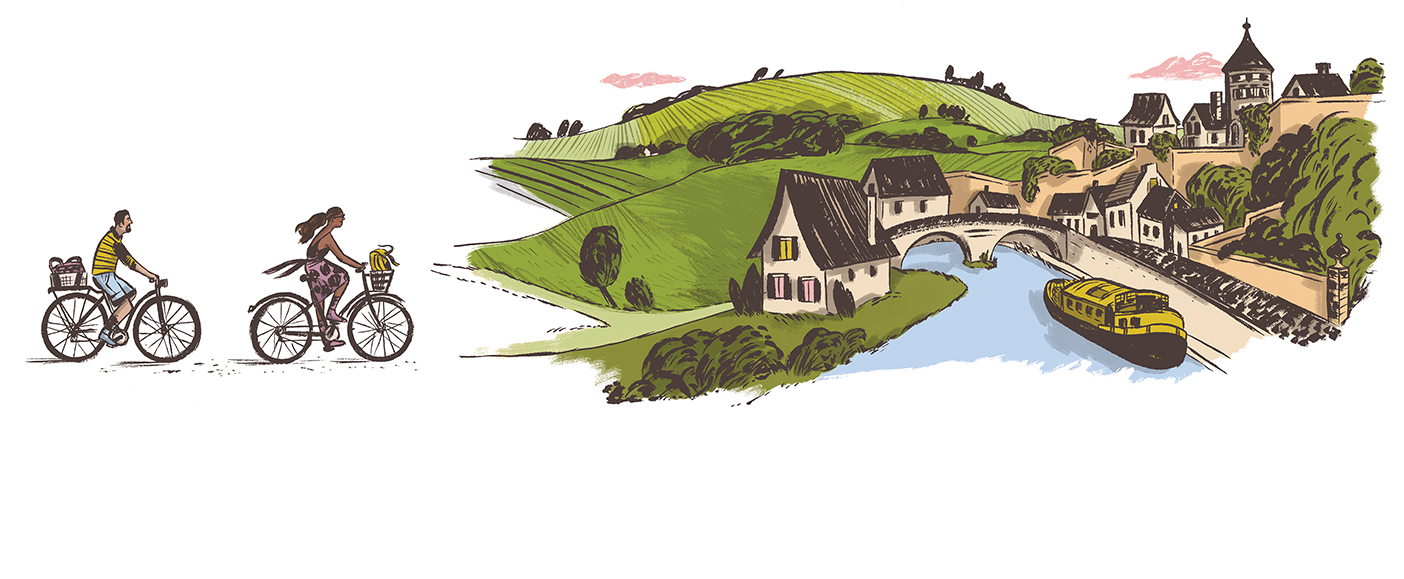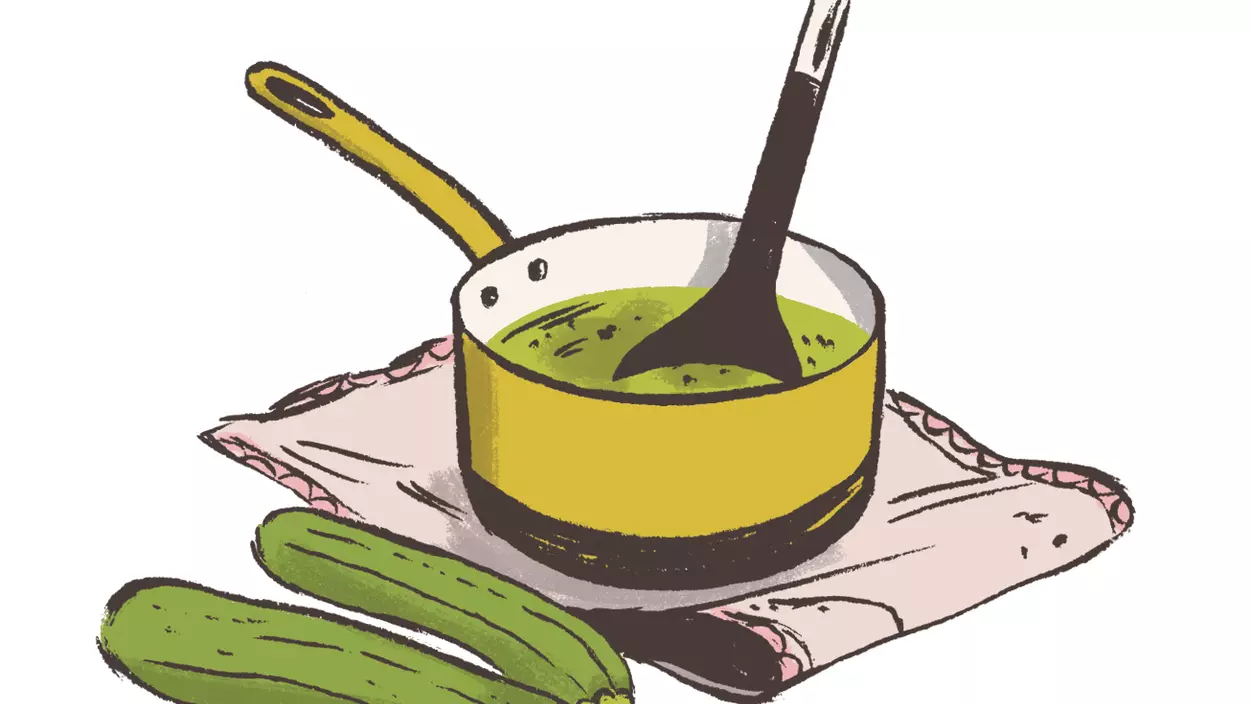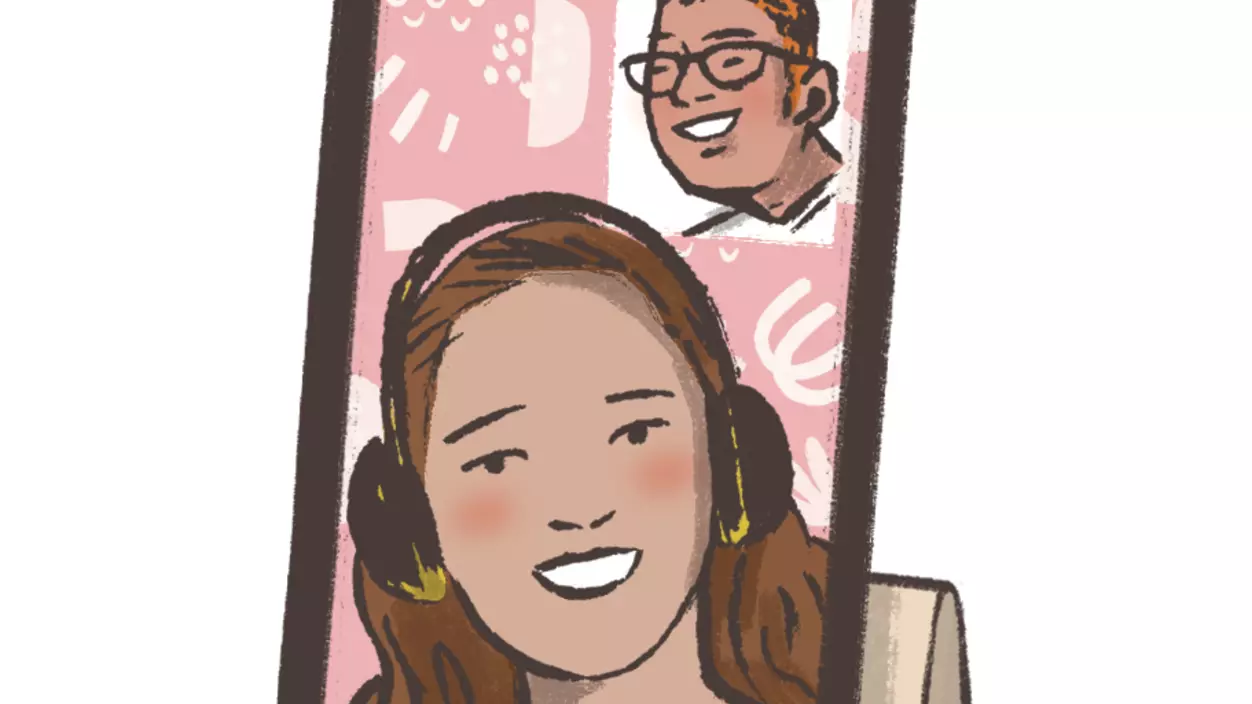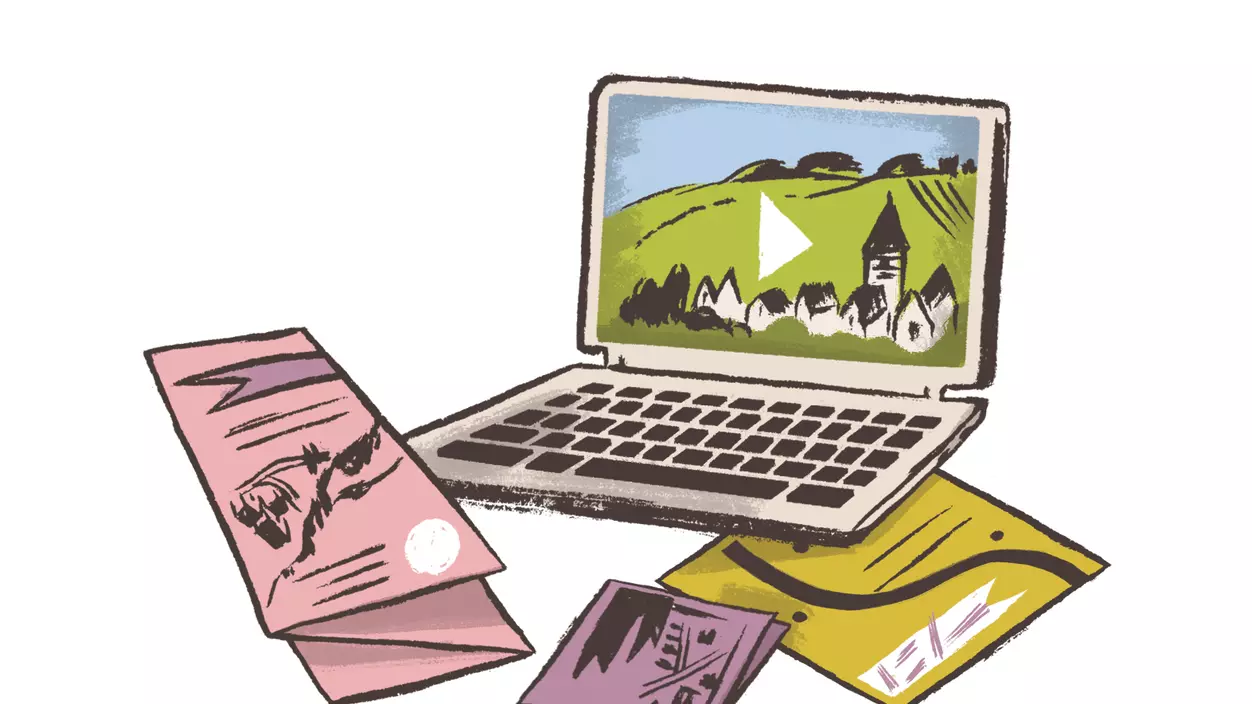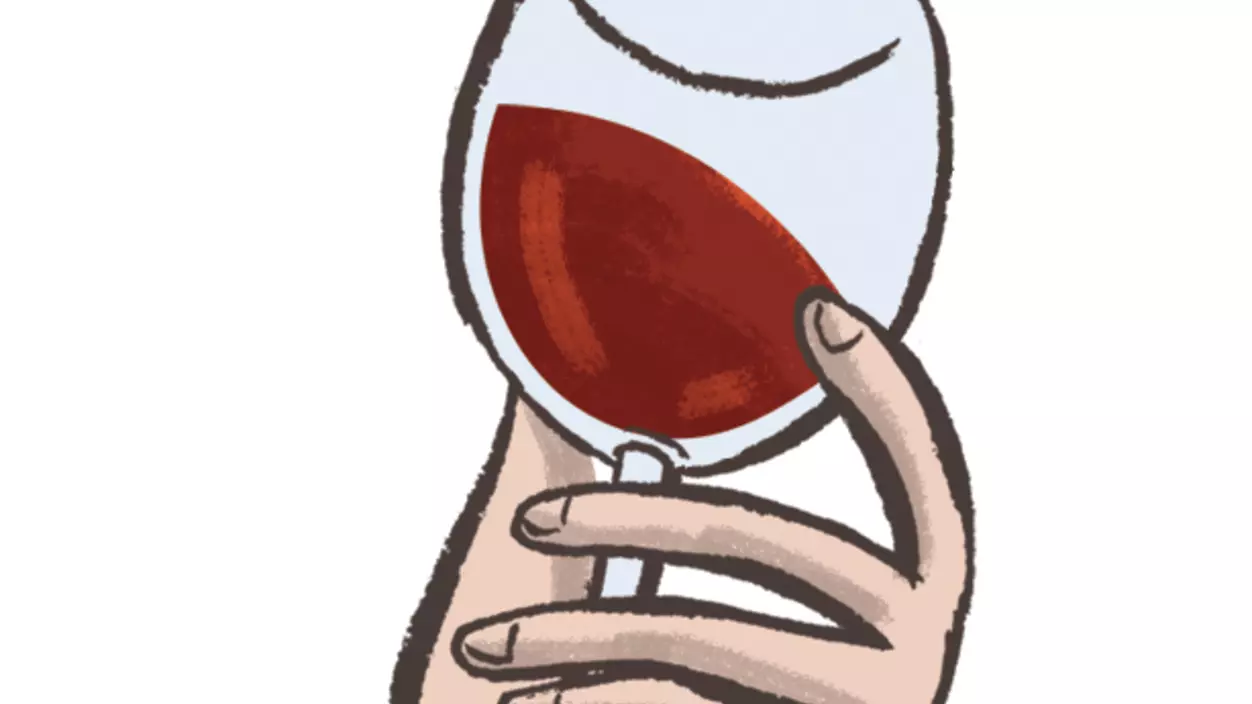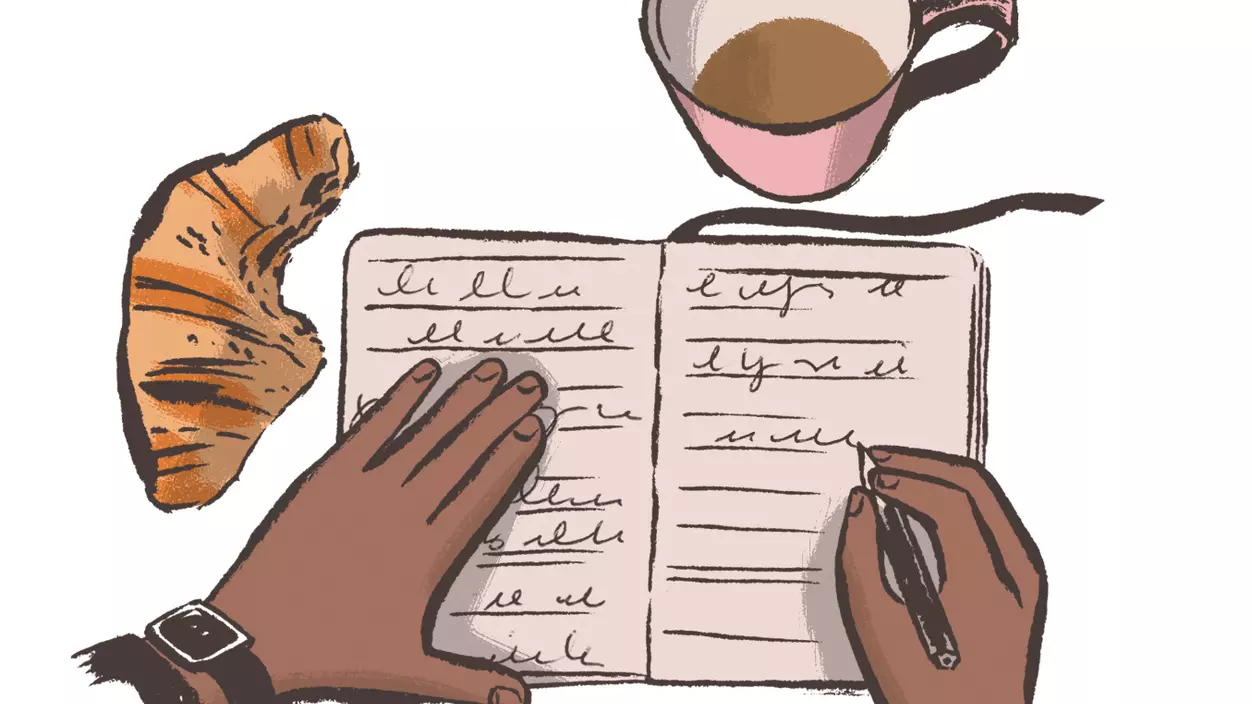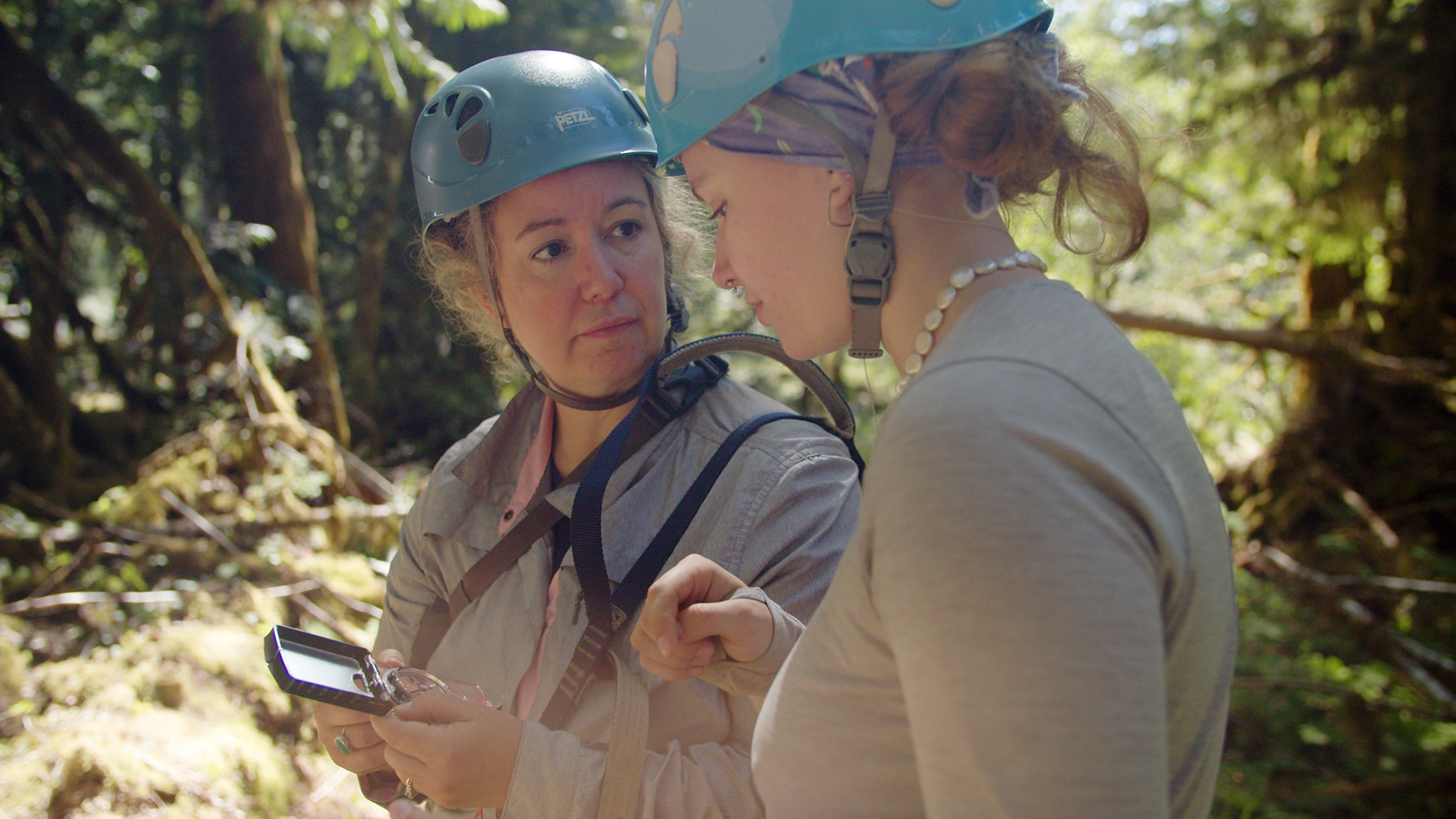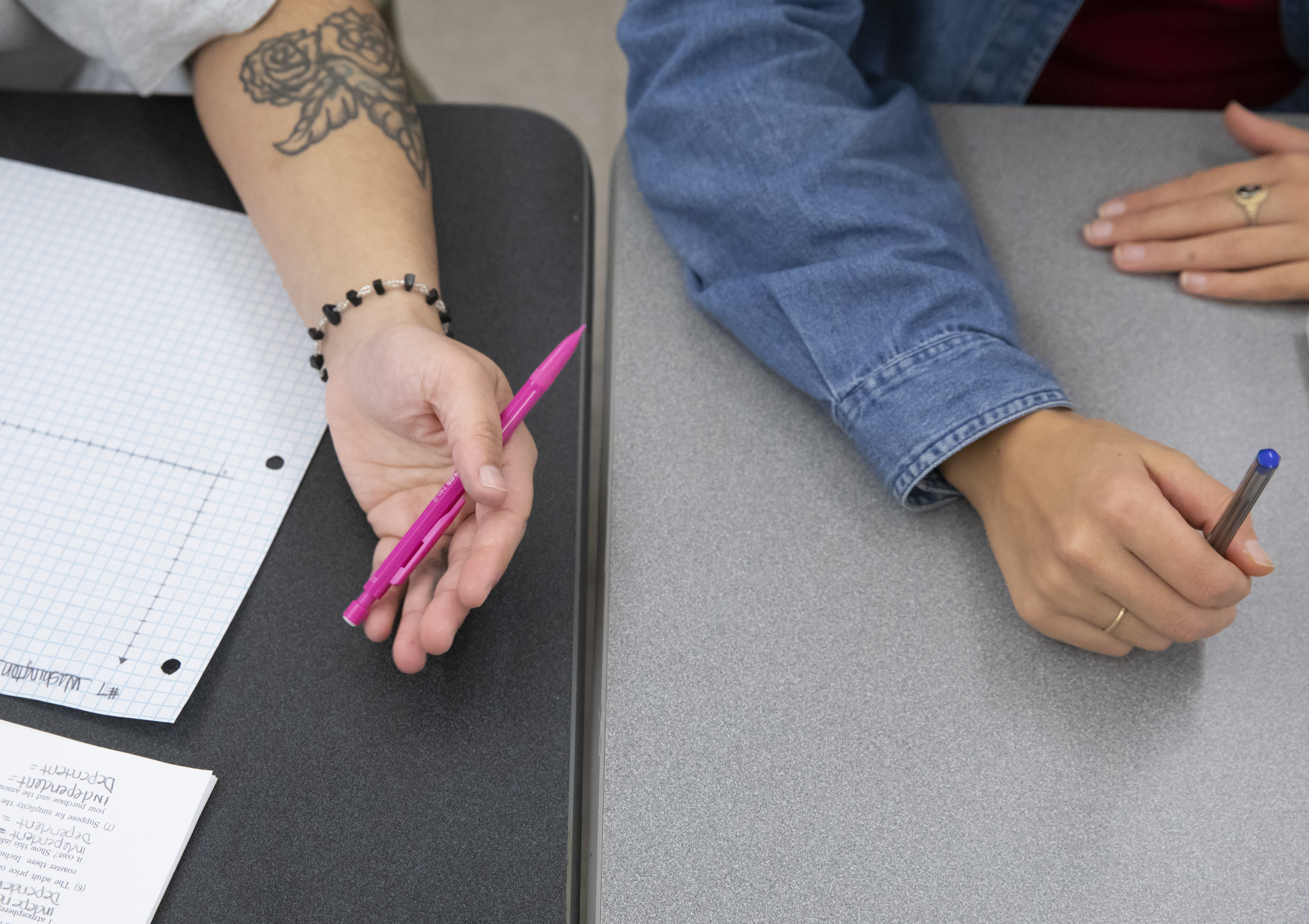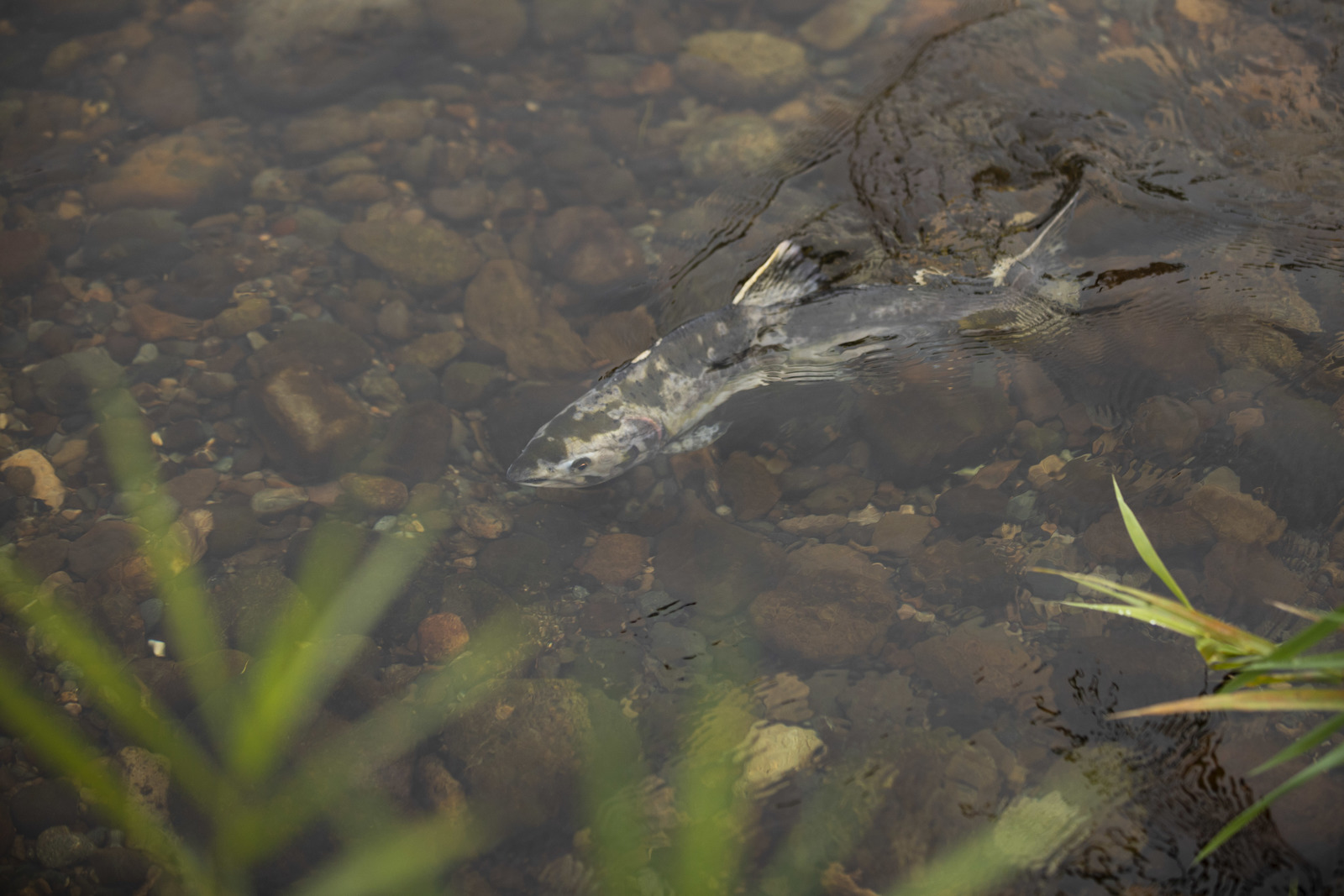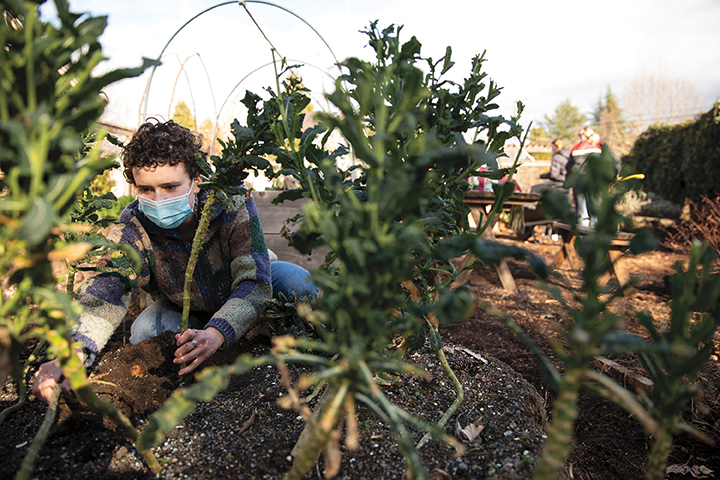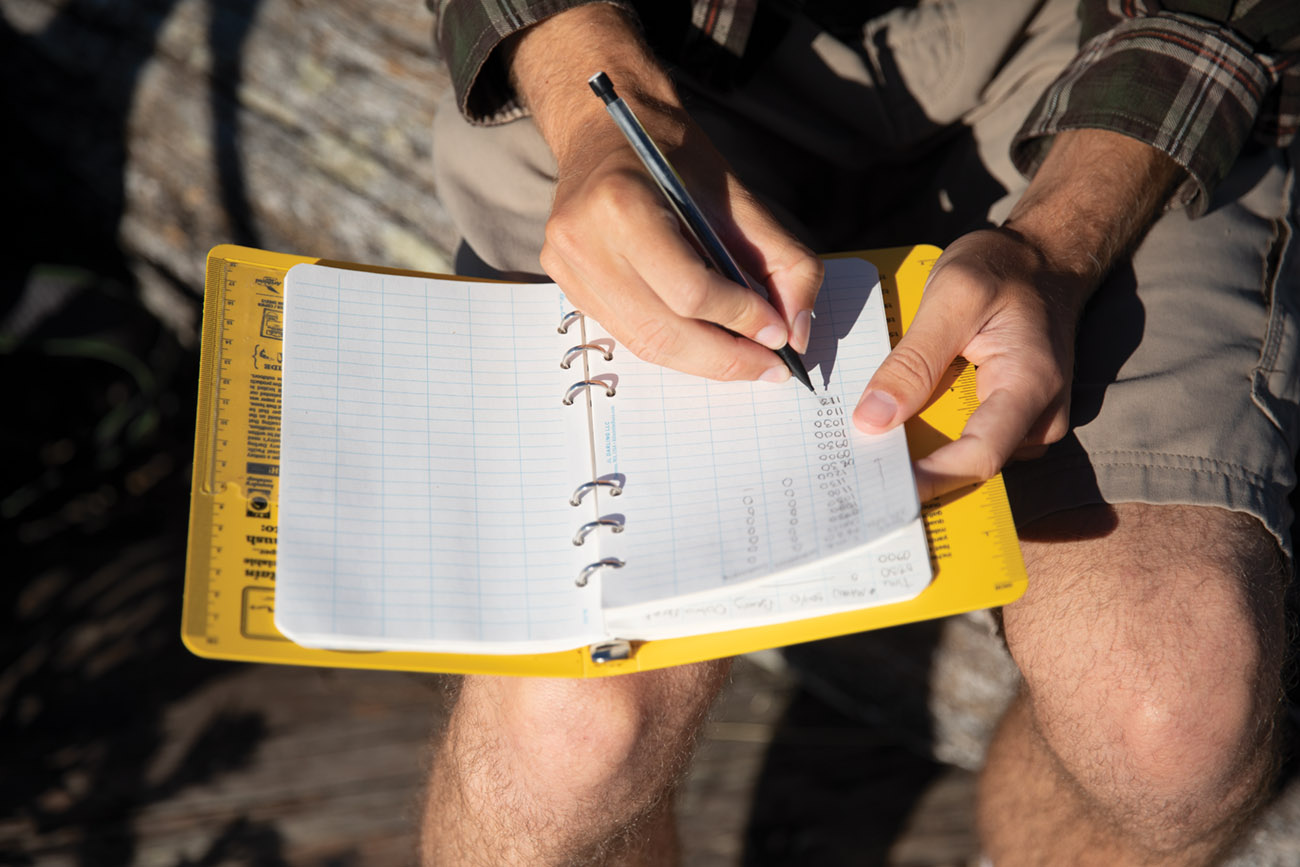The coronavirus forced the cancellation of 2020–21 study abroad programs— including the long-running Dijon program that, for many French majors, satisfies a graduation requirement. So the program leaders had to get creative.
In a year when COVID-19 created health concerns worldwide—and made international travel next to impossible—it made sense that Puget Sound had to cancel its study abroad programs this past fall and spring. That included the school’s flagship spring program in Dijon, France, started in 1985 by former French professor Michel Rocchi ’71, M.A.’72. Since a semester abroad is required for all French majors, Diane Kelley, the department chair, worked with Nathalie Choplain, longtime resident director of the Dijon program, to create a different kind of immersion for juniors and seniors. The pair constructed a new class—FREN 295: French Cultural Experience—that focuses on culture, speaking and reading fluency, and listening comprehension. Kelley instructed students each Tuesday this spring—most of them in person, socially distanced, in a Wyatt Hall classroom, with a few tuning in via Zoom. On Thursdays, the group Zoomed with Choplain, who’s based in France. (One guest speaker included Sarah Czarnecki ’20, who studied in Dijon and now teaches English in northern France.) Here’s a peek at how Kelley and Choplain made the class très spécial for the students.
